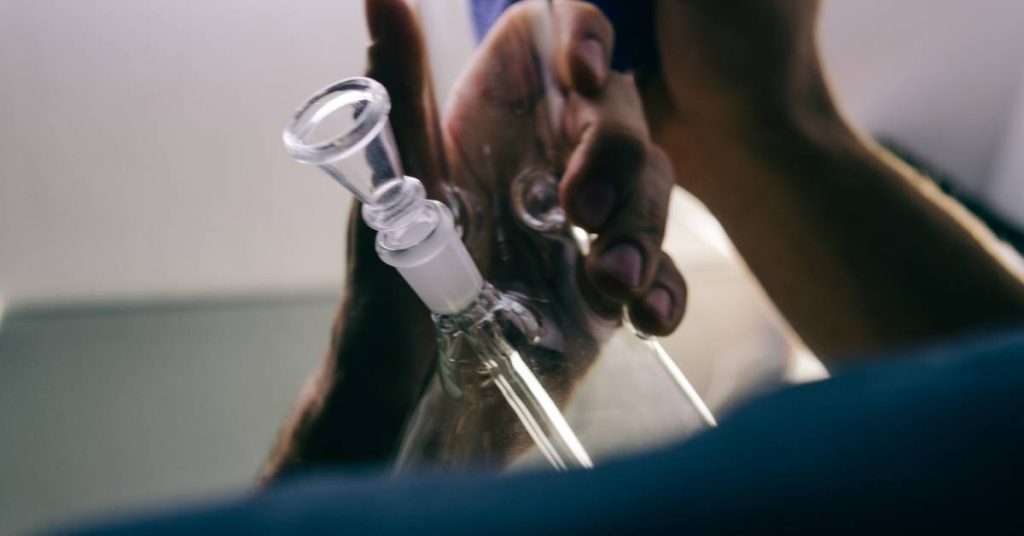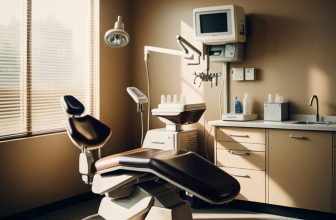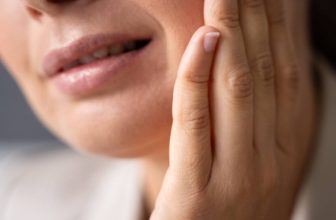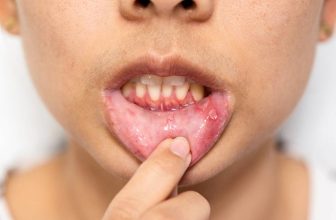
If you’re a fan of smoking weed and you’ve recently had wisdom teeth surgery, you may be wondering if it’s safe to hit a bong. The answer is not straightforward, as it depends on a few factors. While smoking after wisdom teeth removal is generally not recommended, some people have reported that they’ve been able to smoke without any issues.
Understanding Wisdom Teeth Surgery

If you are considering wisdom teeth surgery or have already undergone the procedure, it’s essential to understand what happens during and after the surgery. Here’s what you need to know:
What Happens During Wisdom Teeth Surgery
Wisdom teeth surgery is a common dental procedure that involves removing one or more of your wisdom teeth. Before the surgery, your dentist or oral surgeon will give you anesthesia to ensure you don’t feel any pain during the procedure.
During the surgery, your dentist or oral surgeon will make an incision in your gum tissue to access the tooth. They will then remove the tooth and any surrounding bone tissue if necessary. Once the tooth is removed, your dentist or oral surgeon will clean the area and stitch the incision.
What to Expect After Wisdom Teeth Surgery
After the surgery, you will likely experience some pain, swelling, and bleeding in the affected area. Your dentist or oral surgeon may prescribe pain medication to help manage the pain and antibiotics to prevent infection.
It’s important to follow your dentist or oral surgeon’s post-operative instructions carefully to ensure a smooth recovery. You should avoid smoking, using a straw, and drinking alcohol for at least 24 hours after the surgery. You should also avoid eating hard, crunchy, or sticky foods for the first few days after the surgery.
Here are some other things you can expect after wisdom teeth surgery:
- Swelling: You may experience swelling in your cheeks and jawline for several days after the surgery. Applying ice packs to the affected area can help reduce swelling.
- Bleeding: It’s normal to experience some bleeding in the first 24 hours after the surgery. You can control bleeding by biting down on gauze pads placed over the affected area.
- Dry Socket: Dry socket is a painful condition that can occur when the blood clot that forms in the socket where the tooth was removed becomes dislodged. To prevent dry sockets, avoid smoking, using a straw, and drinking alcohol for at least 24 hours after the surgery.
In summary, wisdom teeth surgery is a common procedure that involves removing one or more of your wisdom teeth. After the surgery, you may experience some pain, swelling, and bleeding, but following your dentist or oral surgeon’s post-operative instructions carefully can help ensure a smooth recovery.
Can You Smoke a Bong After Wisdom Teeth Surgery?

One of the main concerns with smoking after wisdom teeth surgery is the risk of developing a dry socket. A dry socket is a painful condition that occurs when the blood clot that forms in the socket where the tooth was removed becomes dislodged or dissolves before the wound has a chance to heal. Smoking, including the suction created by hitting a bong, can increase the risk of developing a dry socket. If you do develop a dry socket, you’ll likely experience pain, bad breath, and an unpleasant taste in your mouth.

Another factor to consider is the type of wisdom teeth surgery you had. If you had your top wisdom teeth removed, the risk of developing a dry socket is lower than if you had your bottom wisdom teeth removed. This is because the bottom wisdom teeth are located closer to the nerve that runs through your jawbone, making the extraction more complicated and increasing the risk of complications. If you’re still experiencing pain or discomfort after your surgery, it’s best to wait until you’ve fully healed before smoking again.
Three reasons why You Shouldn’t Smoke After Wisdom Teeth Surgery
After wisdom teeth surgery, it is important to avoid smoking for a certain period of time. Smoking can negatively impact the healing process and lead to complications that can prolong the recovery period. Here are some reasons why you should avoid smoking after wisdom teeth surgery:
1. Increased Risk of Dry Socket
A dry socket is a painful condition that occurs when the blood clot that forms after tooth extraction is dislodged or dissolved, exposing the bone and nerves in the socket. Smoking can increase the risk of dry sockets by interfering with blood clot formation and reducing blood flow to the area. This can cause the socket to become inflamed, painful, and infected, leading to a longer recovery time.
2. Delayed Healing
Smoking can also delay the healing process after wisdom teeth surgery. Nicotine and other chemicals in cigarettes can constrict blood vessels and reduce blood flow to the surgical site, preventing essential nutrients and oxygen from reaching the area. This can slow down the formation of new tissue, delay the closing of the wound, and increase the risk of infection.
3. Increased Risk of Infection
Smoking can also increase the risk of infection after wisdom teeth surgery. The chemicals in cigarettes can weaken the immune system, making it harder for the body to fight off bacteria and viruses. This can make the surgical site more susceptible to infection, which can lead to more pain, swelling, and a longer recovery time.
Frequently Asked Questions
After wisdom teeth surgery, you may have many questions about smoking. Below are some of the frequently asked questions about smoking after wisdom teeth surgery:
How soon can I smoke after wisdom teeth surgery?
You should wait at least 72 hours or three full days after wisdom teeth surgery before smoking. This is necessary to ensure a healthy recovery from your wisdom teeth extraction but is also the healthiest choice for your whole body. Smoking too soon after surgery can severely increase your risk of dry socket and other complications like increased pain, infection, and delayed healing.
Can I use nicotine gum or patches instead of smoking after wisdom teeth surgery?
No, you should refrain from using nicotine gum or patches after wisdom teeth surgery, as they can also increase the risk of dry sockets. Nicotine constricts blood vessels, interfering with the healing process and increasing the risk of complications.
Conclusion
In conclusion, avoiding smoking after wisdom teeth surgery is important to ensure a smooth and speedy recovery. By following the advice of your dentist or oral surgeon and refraining from smoking for the recommended period of time, you can reduce the risk of complications, promote healing, and get back to your normal routine as soon as possible.







